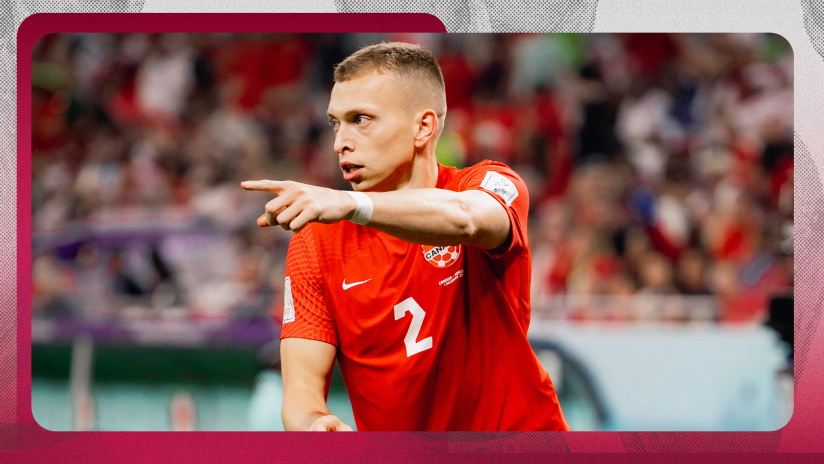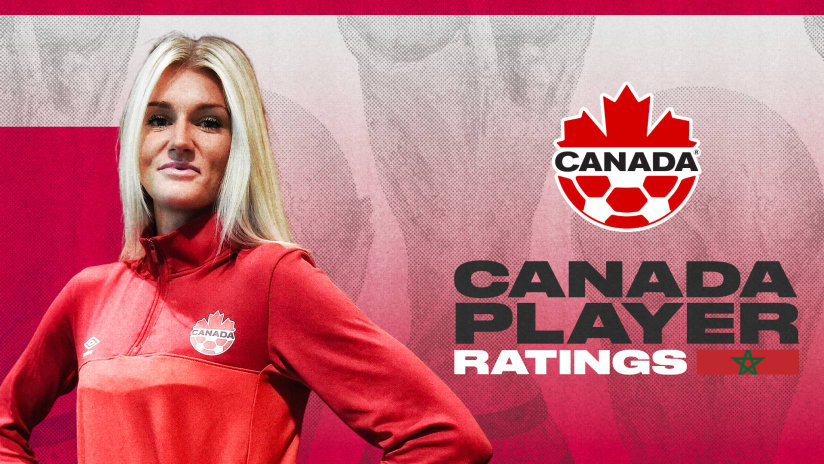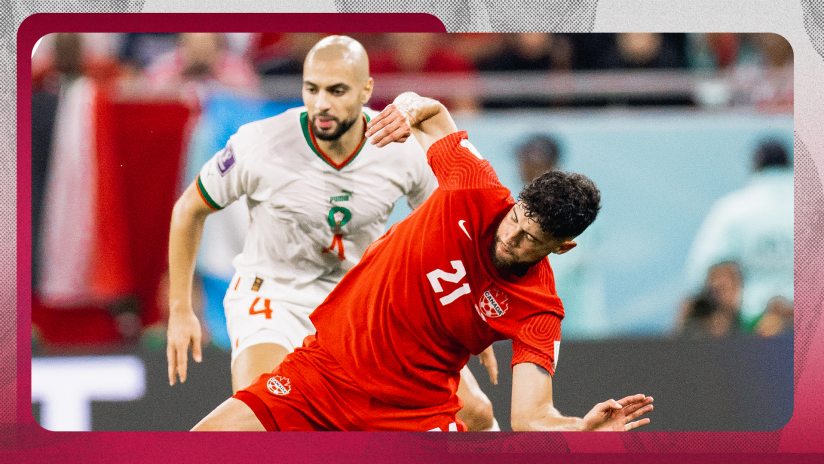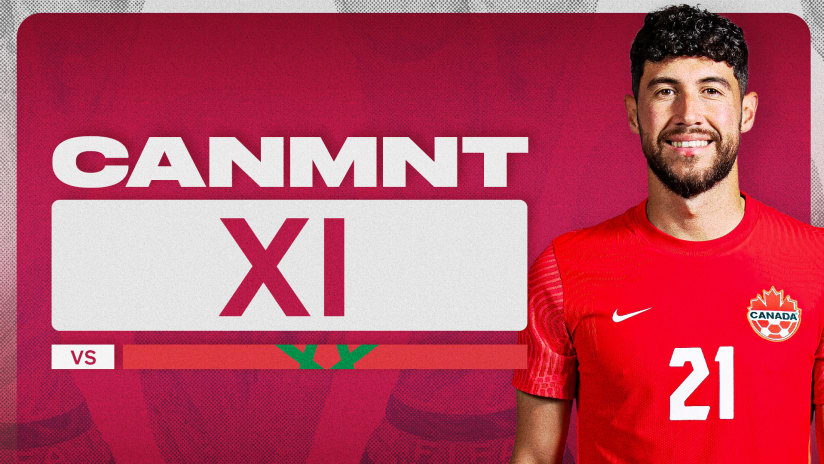AL THUMAMA, Qatar – History was made on Thursday.
Unfortunately for the Canadian men’s national team, it was Morocco achieving it.
Having beaten Canada 2-1, Morocco qualified for the knockout stage at a World Cup for the first time in 36 years. Meanwhile, the Canadians’ losing streak at the tournament extends to six, with this year’s three-loss performance mirroring their only other trip to the tournament in 1986.
The fightback was notable after two disastrous errors gifted Morocco a 2-0 lead 23 minutes into the match. A Nayef Aguerd own goal handed Canada a lifeline, and they nearly equalized on multiple occasions.
Atiba Hutchinson, Alistair Johnston and Tajon Buchanan were within inches of grabbing Canada’s first point at a men’s World Cup but nobody could convert.
Improvement needed
Now with the book is closing on Canada’s World Cup, it’s fair to start asking about the future. The likes of Buchanan, Alphonso Davies, Jonathan David and Ismaël Koné will surely feature heavily in 2026 when the tournament comes to North America.
However, it’s clear that this sampling of matches proved to be overwhelming for Canada, and that was to be expected. Only seven other countries at the World Cup have fewer players in Europe’s premier leagues or at marquee Champions League-level clubs like Porto and Club Brugge. All but one (Australia) failed to advance to the knockout stage.
The fact that Canada won’t have any qualifying matches hinders their chances of playing meaningful games against top opponents. An invite to the 2024 Copa América could provide a few matches, but other than potential friendlies, it’ll be a long wait until the next tests against the elite.
As magnificent as Canada’s run has been, and for all the new fans the team captured along the way, a stark reminder was drilled into everybody’s minds: For as much potential as it has, Canada is still lagging behind the European nations.
Even Morocco has 14 players from top-European leagues to call on. That has to be the No. 1 priority for this program over the next few years.
“That’s one of the big questions that we’ve got to keep on answering as a country,” said Canada coach John Herdman when asked about the subject. “Now our players have been seen.”
Growth on the world stage
Luckily, Alistair Johnston is close to completing a move to Celtic, who have Champions League pedigree. Perhaps Koné follows given all the suitors he’s attracting.
“Alistair’s career is going to be on a real positive trajectory,” Herdman said. “I think Ali is just one of the many who are going to benefit from performances in this World Cup.”
Several Canadians have followed the MLS-to-Europe path. Davies, Buchanan, Sam Adekugbe and Cyle Larin are just a few of the names to make the jump. MLS provided a professional pipeline for Canada, and it’s paying dividends.
This might be the best option to mitigate the lack of meaningful games against top-10 nations. But surely a few friendlies will be thrown Canada’s way now that it’s a bona fide World Cup outfit with starpower.
“Now teams will want to play Canada,” Herdman stated. “Teams will invite Canada to play. This is what we wanted to do in this tournament.”
“We know that people around the world are looking at this country saying, ‘Wow, they've got some good young talented players.’”
It’s not the same intensity as a World Cup, but they can instill lessons. The Uruguay friendly in September provided Canada its first sampling of how world-class sides capitalize on mistakes.
Two months later, those same lessons were being taught in a competitive environment. This experience will behoove Canada down the line. Fans will remember this tournament fondly, even if the results were disappointing.
“We can definitely be proud of the external world talking strongly and positively about Canada,” said Herdman. “We're playing a Moroccan team that’s been to multiple World Cups and found their way [to first place] and got out of the group stage with players with Premier League and Champions League experience across the whole team, and you play Croatians and Belgians and we’re competing.”
There’ll be even more to be proud of if, in three-and-half-years’ time, those performances are accompanied by results on the pitch.
Uncertain futures
As for the elder statesmen like Atiba Hutchinson, Milan Borjan and Steven Vitoria, their futures remain unknown. Borjan is still 35 and capable of playing for another few years. Vitoria is the same age, although frailties in his game have shown more often.
Hutchinson is the x-factor. He turns 40 in February but has a contract with Beşiktaş until June. Considering how he fared against Belgium and off the bench versus Morocco, there’s a chance he could run it back.
“He wanted to go out at this tournament,” Herdman admitted. “But I think you see him perform now, and you watched him for that 30 minutes and be able to come in with that sort of warrior spirit. Then you've got to look at our depth chart. You've got to look at what's coming through that system, especially if he’s still playing at Beşiktaş for the rest of the season.”
Concacaf Nations League and the Gold Cup in 2023 might be the perfect time for Canada to win its first trophy since 2000. Hutchinson may want to participate before bowing out.
But eventually, those veterans will make way for the next wave. Hopefully they’ll be ready to carry the torch.














